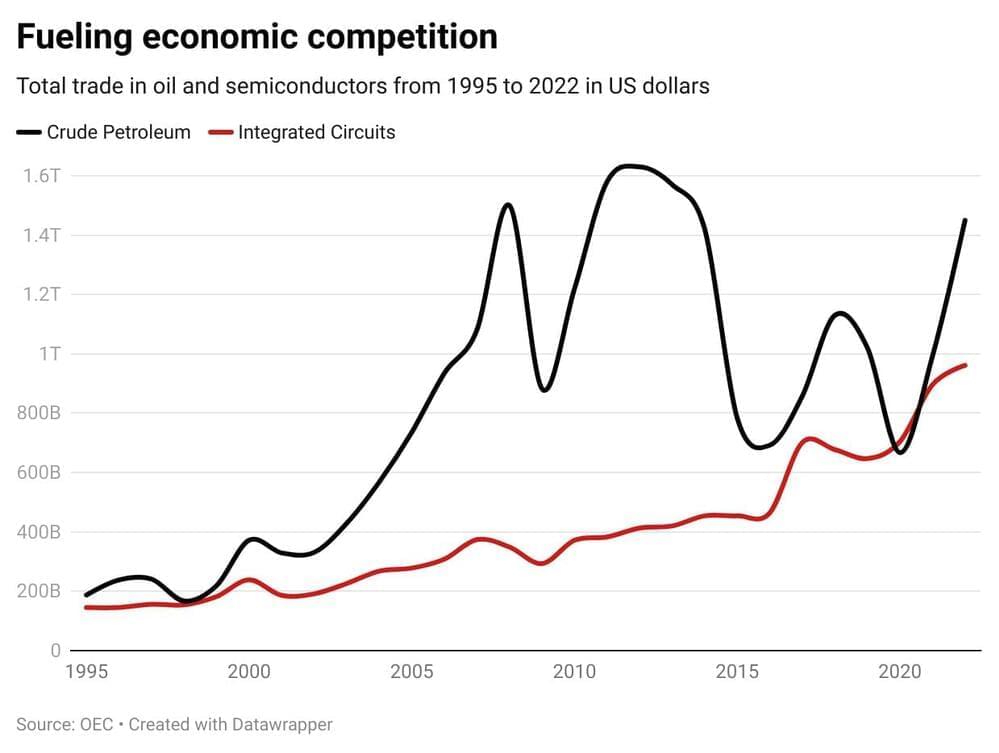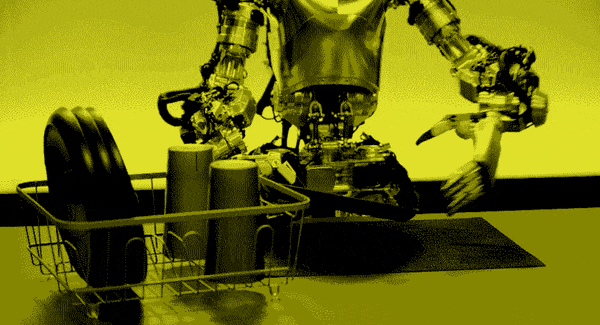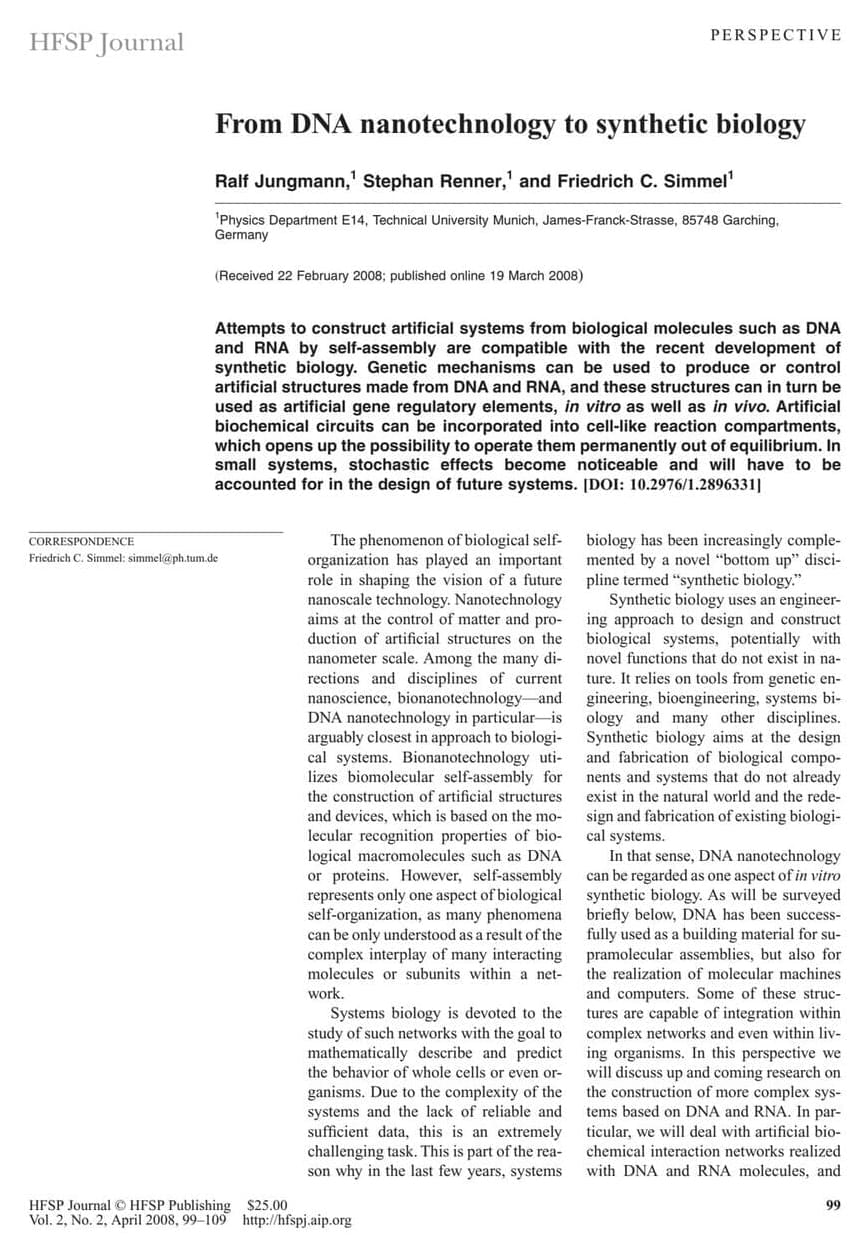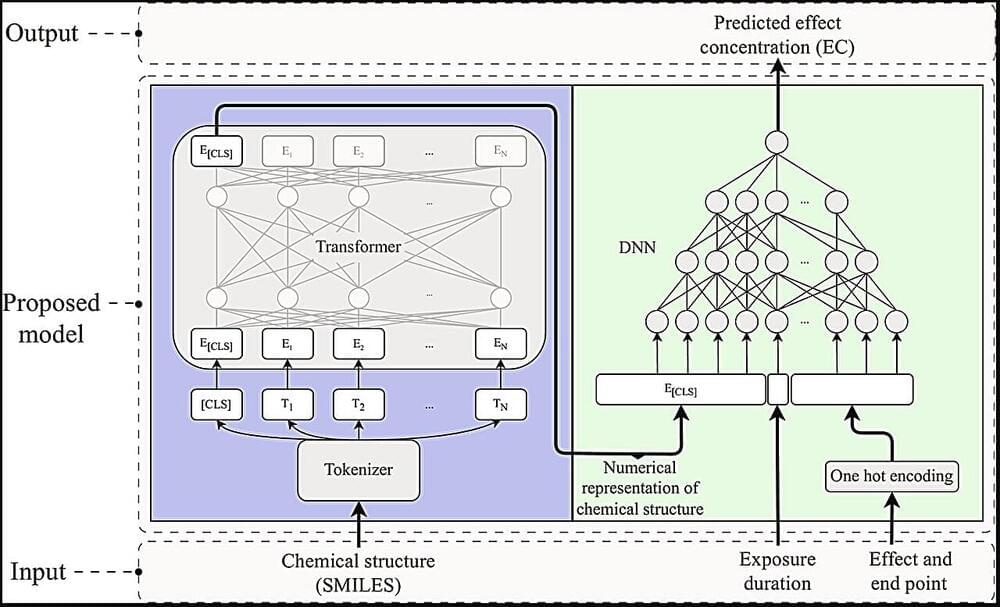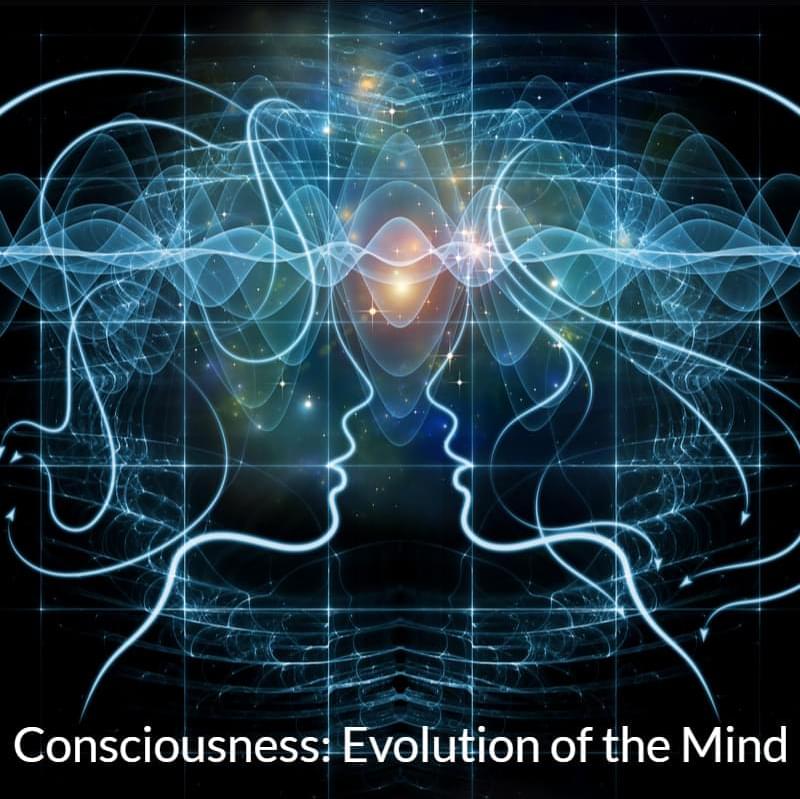Latest posts
May 2, 2024
What’s an ‘intelligent economy’ and why are some economies more intelligent than others?
Posted by Kelvin Dafiaghor in category: economics
What makes an economy “intelligent?”
It seems to boil down to mastering the latest technology in the most effectively self-serving way. Countries have been taking turns at some version of this for a long time.
May 2, 2024
Does AI need a “body” to become truly intelligent? Meta researchers think so
Posted by Kelvin Dafiaghor in category: robotics/AI
We’re finally starting to see what can happen when we put an advanced AI “brain” in a state-of-the-art robot “body” — and it’s remarkable.
May 2, 2024
2008-jungmann-dna-nano-synth-bio.pdf
Posted by Dan Breeden in categories: bioengineering, biotech/medical, nanotechnology
May 2, 2024
Four rules to make artificial intelligence work for humans
Posted by Zola Balazs Bekasi in categories: media & arts, robotics/AI
Responsible AI will depend on human beings being able to protect their identities. In order to achieve that, we need four things:
Critics will try to muddy the waters by raising supposed implications for news reporting or parodies. And any proposed legislation should expressly acknowledge the First Amendment’s broad protections — while also forbidding serious harms that fall outside them. As always, the music community will stand up for freedom of speech.
I am excited to see what the future holds; it’s a road we need to travel thoughtfully but swiftly. Ultimately, the question isn’t where AI is taking humanity, it’s where humanity will take AI. Together, we share in that opportunity and responsibility.
Continue reading “Four rules to make artificial intelligence work for humans” »
May 2, 2024
Sepsis Builds Immune System to Fight Cancer
Posted by Shubham Ghosh Roy in categories: biotech/medical, information science, neuroscience
Sepsis is a condition in which the body responds improperly. More specifically, the infection causes the organs in the body to shut down. This is a serious illness which could lead to extremely low blood pressure or septic shock. In this case, permanent damage to the lungs, kidneys, liver, and other organs can occur. Unfortunately, if the damage is extensive enough, it could be fatal. Common symptoms associated with sepsis includes alteration of mental status, shallow breathing, sweating out of context, lightheadedness, chills, and other symptoms associated with infection or fever. Sepsis can lead to septic shock and raises the risk of death. Symptoms of septic shock include inability to stand, sleepiness, and extreme confusion. Interestingly, symptoms can vary between people, and it is important to monitor bodily changes to detect sepsis as early as possible. Bacterial, viral, or fungal infections can lead to sepsis including common infections such as pneumonia, urinary tract infections, and burns, among others. It is critical to see a doctor if you suspect you are not getting better or if your symptoms worsen. Early detection of sepsis can help improve survival rate and prevent permanent organ damage. Treatments include antibiotics, increased fluids, vasopressors to increase blood pressure, and steroids. Although scientists and physicians have worked to understand sepsis and how to treat it, other discoveries are yet to be made.
A recent study in Nature Immunology by Dr. Antoine Roquilly from Nantes University in France, demonstrated that patients that experienced sepsis build strong immune cells that aid in the prevention of tumor development. It was previously unknown how the immune landscape was shaped after a patient recovered from sepsis. Roquilly and his team wanted to understand the relationship between these exposed immune cells and the risk of developing cancer in the future.
Roquilly’s research team first analyzed big datasets that consisted of information from patients who survived sepsis. Researchers were able to determine the risk of cancer prevalence up to 10 years following the discharge from the hospital for sepsis patients. Interestingly, sepsis survivors had lower risk of developing cancer compared to those that did not have sepsis.
May 2, 2024
Eternity At Last — Transhumanism Trailer
Posted by Shailesh Prasad in category: transhumanism
May 2, 2024
Researchers detect toxic chemicals in aquatic organisms with new AI method
Posted by Shailesh Prasad in categories: chemistry, robotics/AI
The new method developed by the Swedish researchers utilizes artificial intelligence for rapid and cost-effective assessment of chemical toxicity. It can therefore be used to identify toxic substances at an early phase and help reduce the need for animal testing.
“Our method is able to predict whether a substance is toxic or not based on its chemical structure. It has been developed and refined by analyzing large datasets from laboratory tests performed in the past. The method has thereby been trained to make accurate assessments for previously untested chemicals,” says Mikael Gustavsson, researcher at the Department of Mathematical Sciences at Chalmers University of Technology, and at the Department of Biology and Environmental Sciences at the University of Gothenburg.
“There are currently more than 100,000 chemicals on the market, but only a small part of these have a well-described toxicity towards humans or the environment. To assess the toxicity of all these chemicals using conventional methods, including animal testing, is not practically possible. Here, we see that our method can offer a new alternative,” says Erik Kristiansson, professor at the Department of Mathematical Sciences at Chalmers and at the University of Gothenburg.
May 2, 2024
Sam Altman says we probably won’t need a new device for the AI future
Posted by Kelvin Dafiaghor in categories: futurism, robotics/AI
Sam Altman isn’t sure the future of artificial intelligence requires new hardware.
Despite a flurry of new devices hitting the market, the OpenAI CEO told MIT Technology Review we might not need to buy separate devices to engage with AI in the future.
“I don’t think it will require a new piece of hardware,” he said while in Cambridge, Massachusetts, for events hosted by Harvard University and the venture-capital firm Xfund.
May 2, 2024
Cosmological Alpha, Deep Time, and the Simulation Hypothesis
Posted by Alex Vikoulov in categories: computing, quantum physics
As Digital Physics gains traction, some theorists propose that our universe could fundamentally operate like a quantum computer, where space-time itself is a computational grid.

